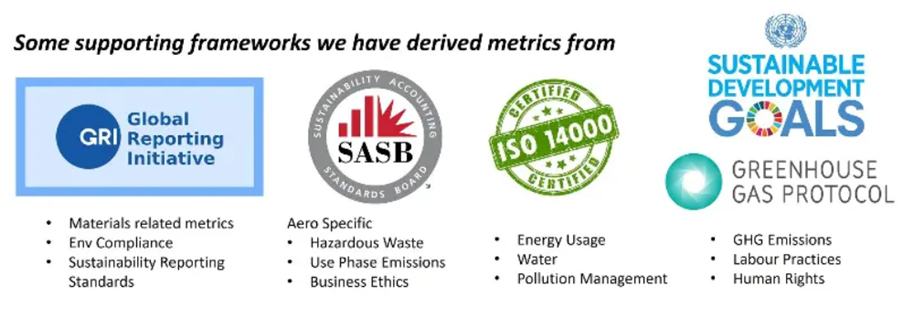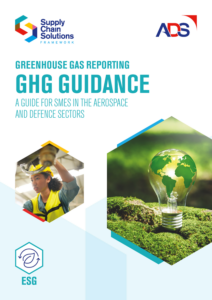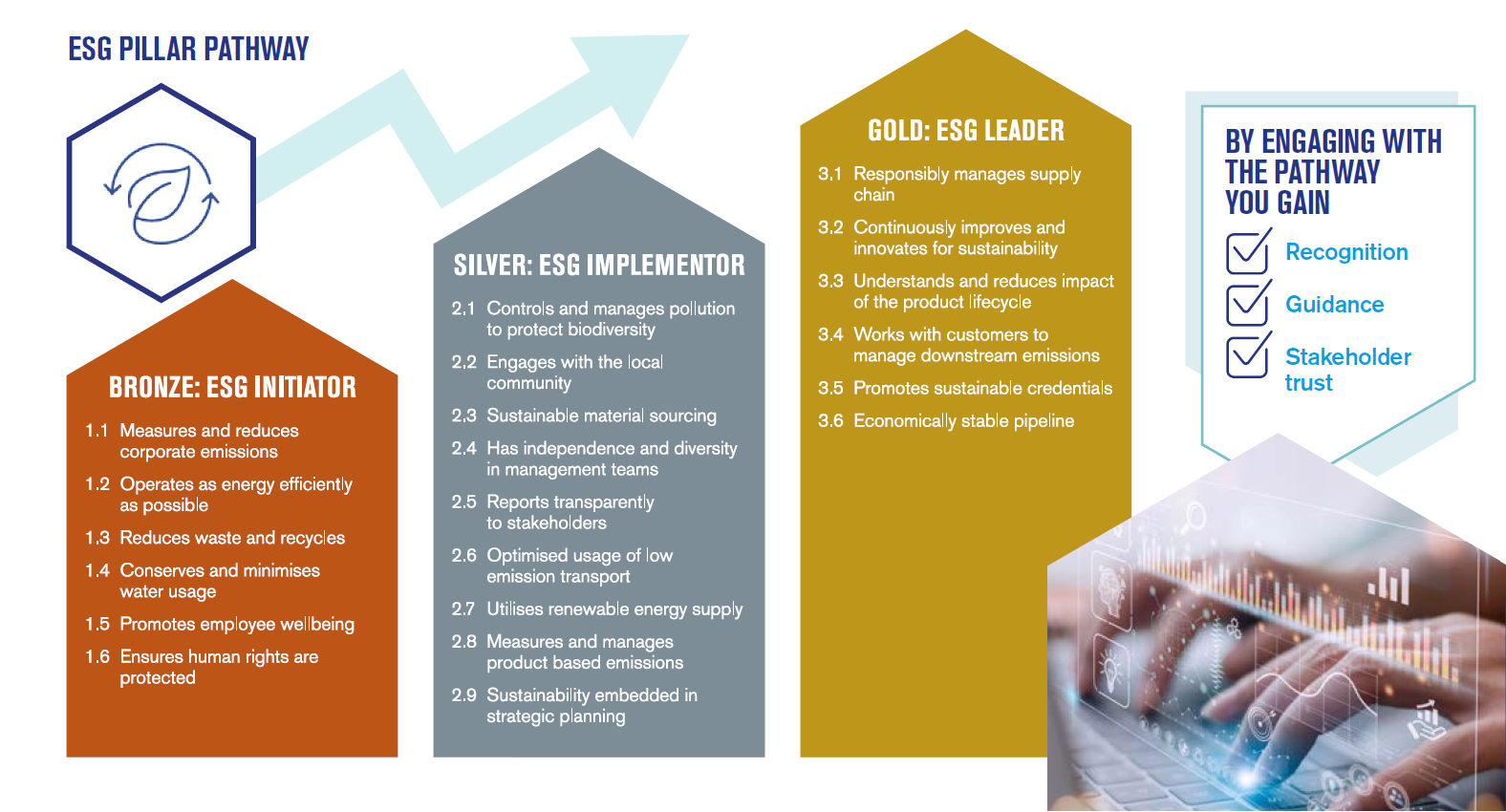STRENGTHENING ESG CAPABILITIES FOR LONG TERM RESILIENCE
In today’s global landscape, environmental and broader organisational sustainability isn’t just a priority—it’s a necessity for businesses.
Micro, small, and medium-sized enterprises (SMEs) play a crucial role in shaping a sustainable future. Their ability to adapt and innovate is essential for progress. SMEs face increased scrutiny over their operations and higher expectations from Primes and OEMs to improve their environmental, social, and governance (ESG) practices.
To ensure SMEs are well-equipped to meet both current and future requirements, we have developed the ADS ESG pillar. This pillar supports SMEs in navigating the complexities of sustainability reporting and compliance to regulations, enhancing corporate reputation and fostering innovation through environmentally and socially responsible practices.
For an introduction to social value, read the guide to Social Value in Defence, available on the ADS website.
Internationally recognised standards
The ESG Pillar aligns with internationally recognised sustainability standards. to raise performance that meets and exceeds global expectations
Including
- Sustainability Accounting Standards Board (SASB)
- The Global Reporting Initiative (GRI)
- ISO 14000 standards
- The Greenhouse Gas Protocol (GGP)
- United Nations Sustainable Development Goals (UN SDGs)

 GHG Reporting – A guide for SMEs
GHG Reporting – A guide for SMEs
Measuring and reporting greenhouse gas (GHG) emissions is foundational for a sustainable future. Introducing the ADS GHG Guidance, a comprehensive guide based on the Greenhouse Gas Protocol, specifically tailored to the aerospace and defence sectors.
It provides practical insights and step-by-step instructions for both mandatory and voluntary GHG reporting, beneficial for senior management and operational, environmental and finance teams. A worked example offers a tangible illustration of GHG reporting to enable a clearer understanding of how to translate the guidelines into actional steps within your business.
ESG Pathway – Recognising success
The ADS ESG Pathway is a comprehensive framework that guides organisations through their transformative journey and towards their ESG goals.
It is underpinned by the Managing Successful Programmes (MSP) methodology, a proven framework for delivering complex, large-scale programmes that drive transformational change.
The Pathway reflects the maturity of an organisation from Bronze (ESG Initiator), Silver (ESG Implementor) and Gold (ESG Leader).

Bronze (ESG Initiator) – Establishes core ESG principles. Organisations meet new minimum criteria for tender requirements in the sector
Silver (ESG Implementor) – Implementing effective ESG strategies and initiatives across the entire organisation
Gold (ESG Leader) – Advanced strategic sustainability planning and industry leadership. Influence over wider stakeholders in their sphere of influence and ESG standards
A sustainable pathway
The pathway provides progressive development towards achieving sustainability and embedding ESG principles. To move from Bronze to Silver to Gold requires reductions in areas such as CO2 footprint and waste, whilst demonstrating corresponding improvements in organisational capabilities to maintain sustainability performance over time.
Next steps with our ESG Assessment Tool
Embark on your sustainable journey. The starting point is to complete our ESG Assessment Tool. By answering a series of self-assessment questions, it identifies where you are on the Pathway – Bronze, Silver or Gold – and provides an automated report with detailed analysis.
The ESG Assessment focuses on:
- Environmental impact
- Social Practices
- Ethical governance
As well as providing insight for an SME, the tool can also be a useful way for customers to benchmark the capability of their supply chain.
Contributions and Acknowledgements
The ESG pathway and tools were developed and prepared through a collaborative effort of a wide range of ESG professionals and members of the Aerospace and Defence supply chain sector.
Particular acknowledgement is given to the assistance of the ESG expertise offered by Rupert Blackstone (Wattcraft Ltd), Roger Singleton (Riscon Solutions Ltd); and Christine Fare (ESG Assessors).

